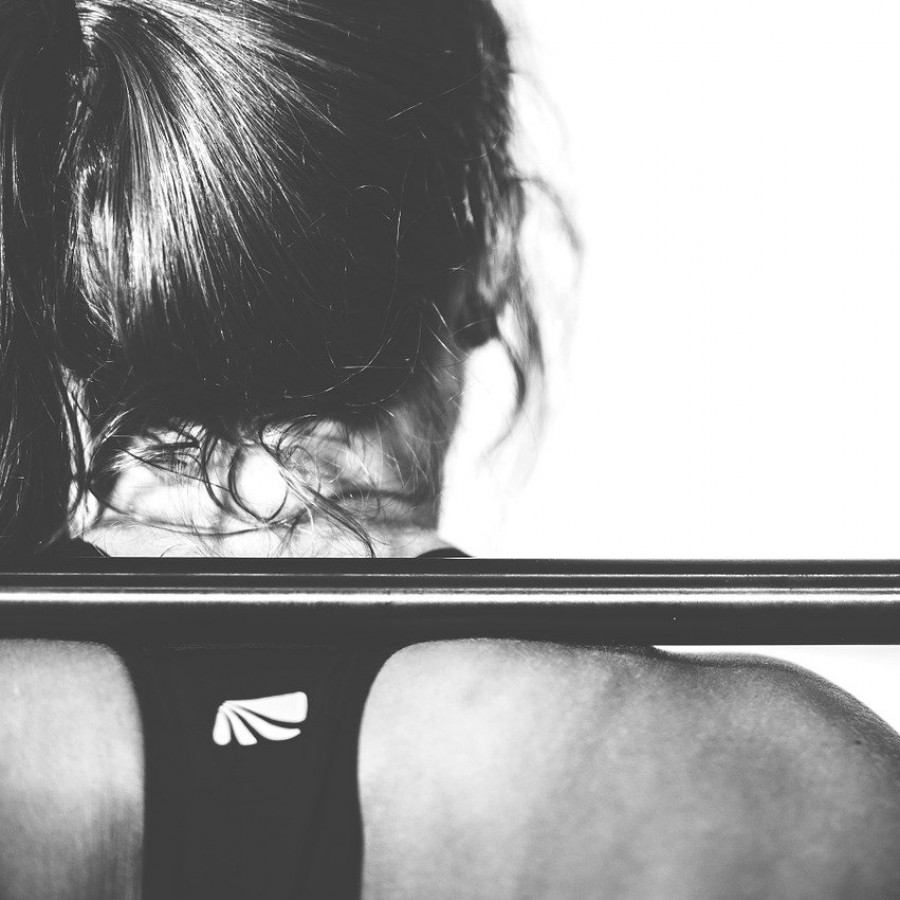Gender equality has been a struggle for a long time. Women’s suffrage was not granted until more than a century after America’s founding, and today, women make only 81 cents for every one dollar a man does.
While there has been improvement, such as the Equal Rights Amendment and Equality Act, a lack of gender equality continues to be an issue in many areas of life, especially in sports, and its latest target is Vanderbilt University senior Sarah Fuller who just made history as the first female to play in a regular season Power Five football game.
During their Nov. 28 game against the University of Missouri, Vanderbilt brought in Fuller to kick after every member of the football team’s kicking squad was quarantined from exposure to a positive COVID-19 case. The college senior was clearly chosen for a reason: she had just helped Vanderbilt’s women’s soccer team win their first Southeastern Conference title since 1994.
However, despite her talent and kicking success at the game, Fuller received an unacceptable amount of hate on social media. A post first shared by ESPN’s Instagram account, which was later reposted on Twitter by user Emily Spada, has showcased a number of vile and sexist comments directed towards the athlete and her performance.
“They couldn’t have grabbed one from the guys team?” wrote one Instagram user. The comments continued as other users posted things such as, “Is it bad that I want her to get ROCKED ? I mean it’s only fair” and “Someone better tackle the fk outta her. Make her realize it’s 2020, but you shouldn’t be on the mfkn field.”
Reading, let alone saying and posting these comments, is downright disgusting, and how people can be so obnoxiously rude and cruel is disheartening. Plus, seeing how these internet trolls do not even want her to play is offensive in itself. Any female should be allowed the chance to try a predominantly male sport without the fear of sexist backlash.
Member of the PV girl’s basketball team, senior Riley Vice, has also voiced her disappointment in the hateful feedback Fuller has been receiving, especially in terms of the type of kick she performed. “I am not too sure if people understand that [Fuller’s] kick was 100 percent intentional,” she explained. “She was asked to kick and she did so. She set up the defense, she did her job and she did it well.”
Instances of gender bias in sports also happen far too often. A report conducted by Women in Sport found 38 percent of female athletes have experienced gender discrimination at work and 40 percent believe their gender has a negative impact on how they are valued by others.
The sexism directed towards Fuller is sadly not the first time female athletes have been discriminated against. In 2018, French tennis player Alizé Cornet was given a violation at the US Open for taking off her shirt to adjust it despite her male counterparts playing shirtless without penalty.
Another example, arguably the most known one, concerns the US Women’s soccer team. According to a complaint filed to the Equal Employment Opportunity Commission by the team in 2016, the members of the women’s team earned around 40 cents less than the members of the men’s team despite outperforming them.
These are just a few of hundreds of instances of gender discrimination, and that is not okay.
It is beyond frustrating to watch such amazing female athletes be brought down simply because they are women. Their successes are not and should not be considered less valuable than those of male athletes. But in a world such as ours where hate often outshines love, the lack of equal praise and treatment is not surprising in the least.
Pleasant Valley alumni Shannon Crawford is no stranger to being a woman in a male dominated sport. Crawford switched from playing softball to baseball around the age of 12 and played on PVHS’s baseball team. Now, she plays and coaches for the Fitzroy Baseball Club in Australia.
“Baseball is what I know, it is what I’m good at and it is what I am passionate about,” Crawford explained. “If I had been born male, I would have been encouraged to keep at the sport and supported toward playing in college. But because I am a woman, I was constantly asked why I was not on a softball field and actively discouraged to continue.”
Unfortunately, being a woman in a mostly male sport did not come without its challenges for Crawford. The baseball player has missed out on making teams and has had many playing opportunities taken away from her because she is a woman. She also commented on it being very obvious when she was put in for show to “give the girl her obligatory chance.”
There were many seasons where she felt unsafe going to practices or games because of threats her teammates had made. “Every female player I know who also played on male teams has similar stories – it is not a secret in the community,” Crawford reflected.
It is beyond disappointing gender discrimination happens so often and to so many. Sexism is extremely degrading and ugly, and if people actually understood how destructive it is, then there might not be such a big problem.
The sexist criticism directed at Fuller’s performance has also raised the concern of what watching it does to other women and girls, and according to a report by the Women’s Sport and Fitness Foundation (WSFF), it is a valid one. In their report, WSFF found sexist assumptions and actions, as well as promotion of sports being a male-only activity, have led to barriers involving female activity in sports.
Crawford agrees with WSFF’s findings. “On one hand, women like me feel the need to speak out about what we have gone through so others know they are not alone,” she expressed. “But on the other hand, it is not a fun thing to hear and say, ‘yeah, that is what I want to deal with all the time.’”
The sexism limiting participation is extremely unfortunate. The women and girls who want to enter the athletic world should be able to do so without having to worry about whether or not they will be treated equally to men. Clearly the presence of such discrimination is damaging the amount of female participation in sports, and that needs to end now.
But while the sexism against Fuller has continued, the senior is managing to look above it all. “I’ll take on the hate. I don’t care,” she told ESPN’s Holly Rowe after her history-making game. “I’m just like, at this point, what are you doing?.. I’ve done amazing things that I’ve set out to do, and I’ve had goals of reaching, so they can talk crap all they want. This is something that I believe I’ve earned.”
The sexism against Fuller, Crawford and all other female athletes will never be acceptable. It will take time for gender discimination in sports, and in other areas, to disappear, but the only way this will happen is to consistently promote equality now. Once it happens, there will be a very bright future ahead.










